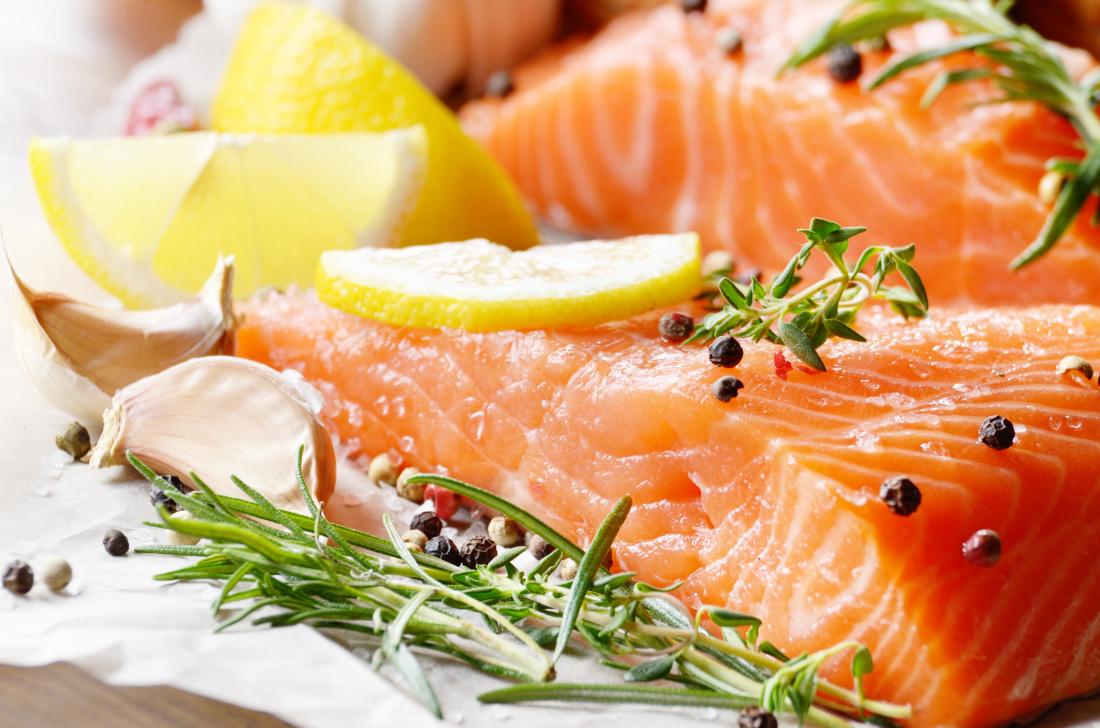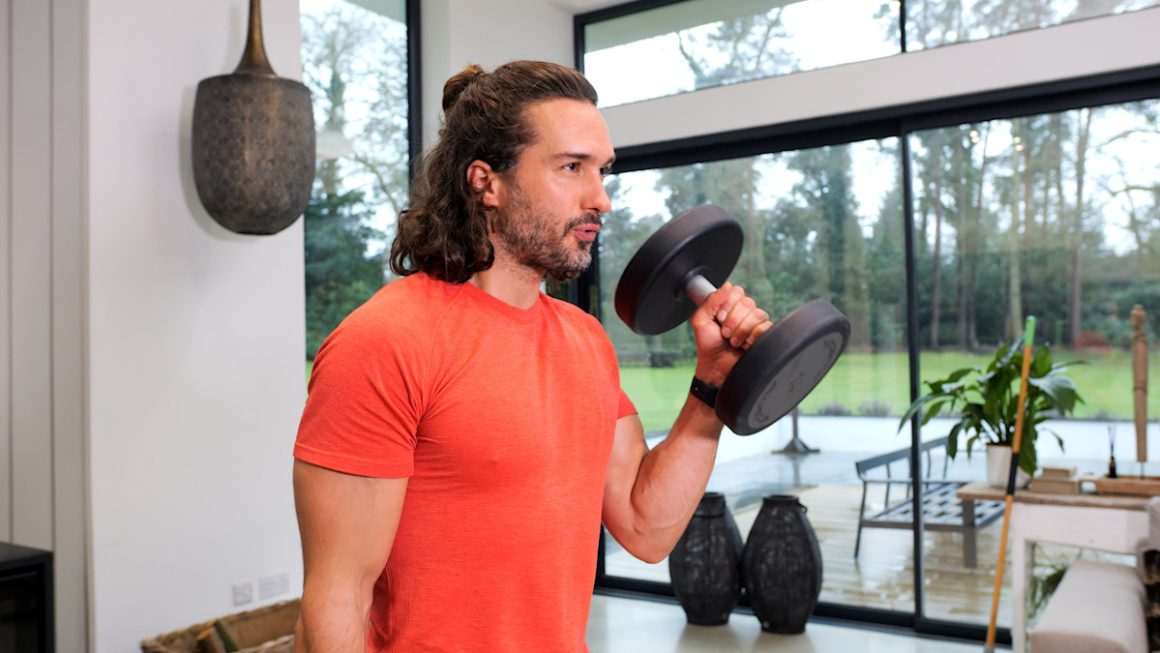In the world of fitness, pre-workout nutrition is often the unsung hero of a successful training session. It’s easy to focus on the latest workout routines, strength-training techniques, or post-workout recovery, but what you eat before you hit the gym can have a significant impact on your performance and long-term results. The proper pre-workout nutrition can fuel your body, enhance endurance, maximize strength, and even speed up recovery. However, understanding what, when, and how to eat before exercising can be a daunting task for many. This step-by-step guide will break down the essentials of pre-workout nutrition and help you design a plan that supports your fitness goals for sustained success.
Step 1: Understand the Importance of Pre-Workout Nutrition
To start, it’s crucial to understand why pre-workout nutrition matters. Your body requires a steady supply of energy to perform at its best, and exercise demands that energy in greater amounts. During a workout, your muscles rely primarily on glycogen (stored carbohydrates) for fuel. When your glycogen stores are depleted, fatigue sets in, and performance declines. In addition to energy, your body also needs the right balance of nutrients to maintain muscle function, prevent muscle breakdown, and support recovery.
Pre-workout nutrition is all about timing and balance. Eating the right combination of macronutrients—carbohydrates, proteins, and fats—before a workout can provide your body with readily available energy and prevent fatigue. Getting this balance right is the key to improving performance and supporting long-term progress.
Step 2: Timing Your Pre-Workout Meal
The timing of your pre-workout meal can significantly impact your performance. If you eat too soon before your workout, your body may not have had enough time to digest the food, potentially causing discomfort or sluggishness. On the other hand, eating too far in advance can lead to a lack of energy when you need it most.
As a general rule of thumb, you should aim to eat your pre-workout meal 1.5 to 3 hours before exercising. This window allows your body enough time to break down the nutrients and convert them into usable energy without leaving you feeling overly full or sluggish.
If you’re short on time and need a quicker option, a small snack can be consumed about 30 to 60 minutes before your workout. In this case, the meal should be lighter, easily digestible, and primarily composed of carbohydrates with a small amount of protein.
Step 3: Focus on the Right Macronutrients
Understanding which macronutrients your body needs before a workout is key to optimizing performance. The three primary macronutrients—carbohydrates, proteins, and fats—each play a unique role in fueling the body during exercise.
1. Carbohydrates: The Primary Fuel Source
Carbohydrates are your body’s go-to source of energy during exercise. Whether you’re lifting weights, running, or participating in high-intensity interval training (HIIT), carbohydrates provide quick-release energy in the form of glycogen, stored in your muscles and liver. The more glycogen your muscles have available, the longer and harder you can exercise before fatigue sets in.
When selecting carbohydrates for your pre-workout meal, it’s essential to focus on complex carbs—such as whole grains, sweet potatoes, oats, and brown rice. These foods are digested slowly, providing a steady stream of energy throughout your workout. Simple carbohydrates, like fruits or energy bars, can also be useful in the hour leading up to your workout, as they digest quickly and can provide a quick energy boost.
2. Protein: Muscle Support and Recovery
Protein plays a critical role in preserving muscle mass and promoting recovery. It helps repair muscle fibers that may have been broken down during exercise. Consuming protein before a workout, while not as essential as carbohydrates, can still be beneficial for people engaging in strength training or endurance activities.
The ideal amount of protein in your pre-workout meal should be around 10 to 20 grams. This is enough to stimulate muscle protein synthesis, which is the process that helps your muscles grow and repair. Sources of lean protein include chicken, turkey, eggs, Greek yogurt, and plant-based options like lentils and tofu.
3. Fats: Use Sparingly Before Exercise
While fats are an essential part of a healthy diet, they don’t provide immediate energy for intense workouts. High-fat meals can slow down digestion and make you feel sluggish during exercise. Therefore, it’s best to consume low to moderate amounts of healthy fats in your pre-workout meals, particularly if you have a longer gap between eating and exercising.
Healthy fat sources include avocado, nuts, seeds, and olive oil. For most people, keeping fat intake around 10 to 15 grams in a pre-workout meal is sufficient.
Step 4: Stay Hydrated
Hydration is another critical factor in pre-workout nutrition. Dehydration can lead to early fatigue, muscle cramps, and decreased strength. Drinking water before a workout is essential, as it helps maintain body temperature, joint lubrication, and overall performance.
Experts recommend drinking 8 to 16 ounces of water about 30 minutes to an hour before exercising. If you’re engaging in an especially long or intense workout, you might also consider a beverage with electrolytes to help replenish lost minerals, particularly sodium and potassium, which are essential for muscle function.
Step 5: Sample Pre-Workout Meals and Snacks
Now that you have an understanding of what makes up an effective pre-workout meal, let’s explore some simple, practical options. Whether you’re looking for a quick snack or a full meal, here are a few ideas based on the timing and nutritional needs mentioned earlier.
Pre-Workout Meals (1.5 to 3 hours before exercise):
-
Oatmeal with almond butter and banana: A great combination of complex carbs, protein, and healthy fats, this meal provides slow-releasing energy and keeps you full throughout your workout.
-
Grilled chicken with quinoa and roasted vegetables: A balanced option that includes lean protein, complex carbs, and fiber to support sustained energy.
-
Whole-grain toast with avocado and a boiled egg: This meal offers a good mix of carbohydrates, protein, and healthy fats, providing energy for both cardio and strength training sessions.
Pre-Workout Snacks (30 to 60 minutes before exercise):
-
Greek yogurt with honey and berries: This snack provides quick-digesting carbs, protein, and antioxidants that can boost energy levels.
-
Apple with peanut butter: A simple and effective snack, with fiber and carbohydrates from the apple and healthy fats and protein from the peanut butter.
-
Rice cakes with hummus and cucumber: This light snack offers easily digestible carbs and protein, perfect for a short pre-workout boost.
Step 6: Consider Supplements
While whole food options should always be the foundation of your pre-workout nutrition, certain supplements can further enhance your performance. Popular pre-workout supplements include creatine, beta-alanine, and caffeine.
-
Creatine has been shown to increase strength and improve high-intensity exercise performance by replenishing the body’s energy stores.
-
Beta-alanine is known to help buffer lactic acid build-up, delaying fatigue and improving endurance.
-
Caffeine is a well-researched performance enhancer that can improve focus, increase energy levels, and enhance fat burning.
If you decide to incorporate supplements into your routine, always start with a trusted product and follow the recommended dosage.
Conclusion: Long-Term Success Through Consistency
When it comes to fitness, achieving long-term success requires consistency, and pre-workout nutrition is no exception. By understanding the importance of timing, macronutrients, hydration, and even supplementation, you can tailor your pre-workout meals to maximize energy, optimize performance, and support recovery. The key is to find a routine that works for your individual needs, goals, and lifestyle.
Incorporating balanced and strategically timed pre-workout nutrition into your fitness regimen can enhance the quality of your workouts, reduce fatigue, and contribute to improved muscle growth and endurance. By following these simple steps and making mindful food choices, you’ll be setting yourself up for lasting success and sustained progress in your fitness journey.




